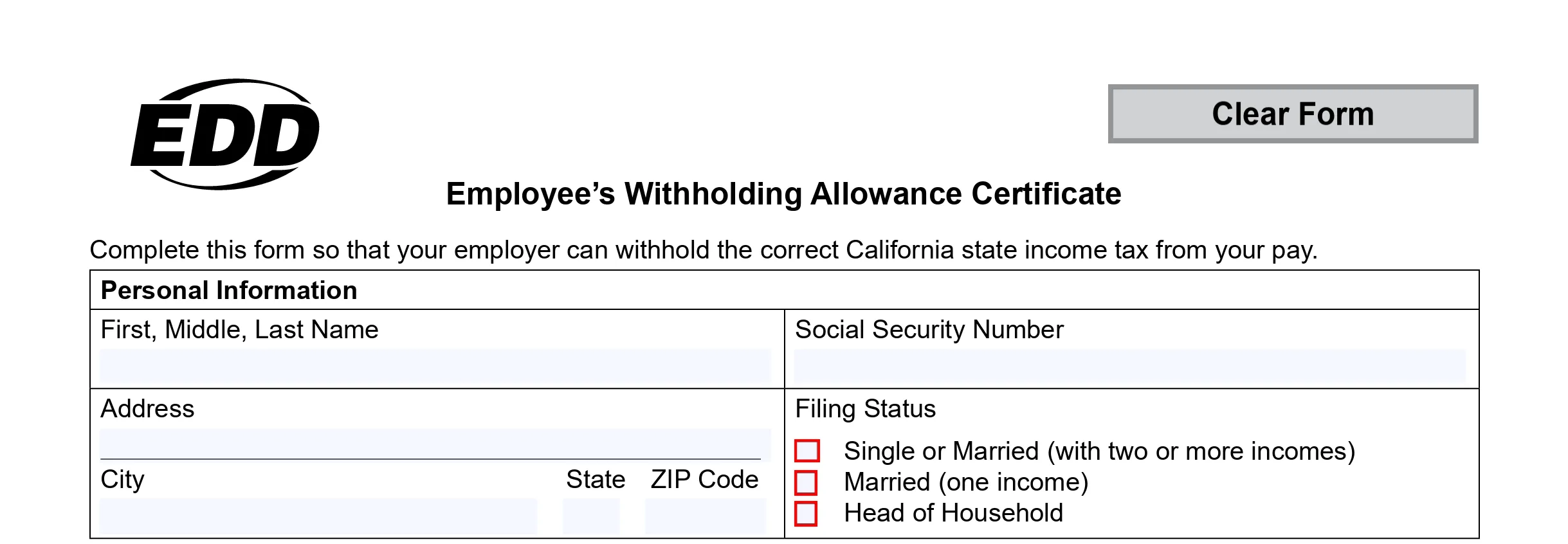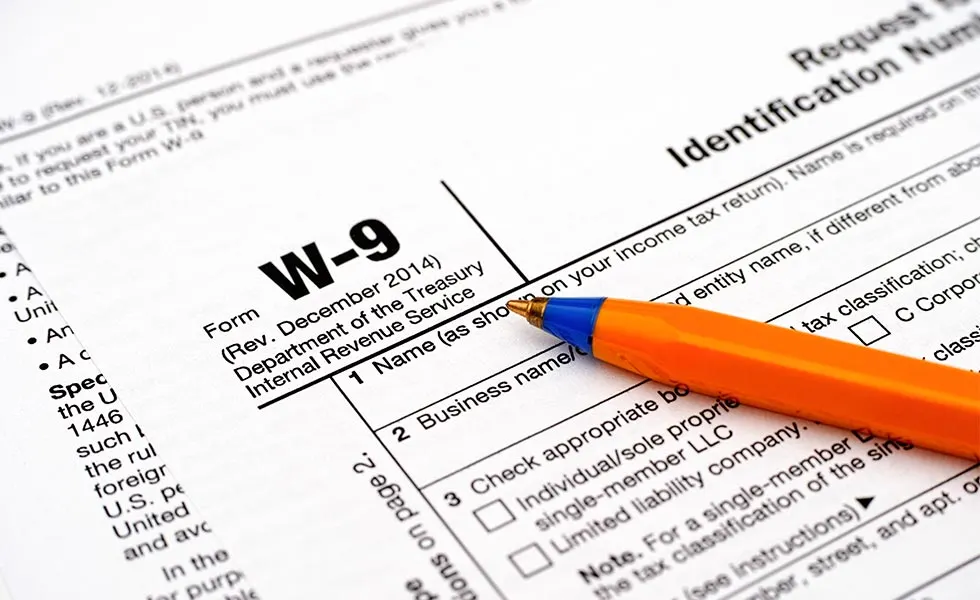"Accountable Plans" for Reimbursements to Employees
Home Office Deduction

Owners and key employees sometimes pay for business-related expenses using personal funds and credit cards. Before the Tax Cuts and Jobs Act (TCJA) of 2017, many employees and employee-owners deducted the expenses on their personal returns as unreimbursed employee expenses. But the TCJA eliminated these miscellaneous itemized expenses from personal income tax returns.
To solve this issue small firms, especially corporations, should have accountable reimbursement plans. Under these plans, reimbursements to employees for business-related expenses are tax-free to the employee and deductible to the business. The rules for reimbursed business expenses remain the same as those for business expenses—e.g., 100% reimbursement of a business meal is still only 50% deductible to the employer.
Your Accountable Plan needs to follow these rules:
1. Only expenses with a business connection can be reimbursed.
2. Employees must timely substantiate reimbursed expenses to their employer. “Timely” is automatic when made within 60 days, but other substantiation schedules may be timely, based on the circumstances.
3. Substantiation must comply with tax regs for that type of expense. For example, substantiation of travel and listed property expenses (e.g., vehicle use) needs to meet the higher substantiation requirements for deducting such expenses.
4. Excess advances to an employee must be timely repaid. The regs safe harbor: Pay advances within 30 days of when the expense is paid or incurred; return any excess within 120 days after the expense is paid or incurred. Other repayment dates might be acceptable, depending on the facts and circumstances.
Accountable plans can reimburse any employee or employee-owner for business-related expenses. Common reimbursements include travel, meals, office supplies, equipment, and even tools and equipment used on that employee’s job.

Home office expenses can be reimbursed!
An owner-employee might be reimbursed for a home office and related expenses or for business use of personal cell phones and vehicles, home internet, etc.
These include but are not limited to:
1. Reimbursement only to designated employees;
2. Reimbursement for as many or as few types of expenses as the business wants. (The plan also can be selective.); and
3. Reimbursement of travel expenses for all employees but of other expenses only for certain employees.
An accountable plan must meet IRS requirements. Reimbursements that don’t comply are treated as wages or other compensation subject to both income and payroll taxes.
Technically, an accountable plan does not have to be in writing—but it’s easier to prove that payments are reimbursements (not compensation) when there is a written plan that specifies who and what can be reimbursed and what the rules are for employee substantiation and repayment of excess advances.



